The Role of Family Caregivers in Supporting Applicants for Social Security Disability
On September 17, 2024, the U.S. Department of Health and Human Services delivered a progress report detailing the federal government’s efforts to support family caregivers nationwide. This effort shows the importance of those supporting the Americans who shoulder the burden of caring for loved ones with disabilities or chronic illnesses.
One responsibility that often falls on caregivers is the overwhelming task of assisting their loved ones with applying for Social Security Disability Insurance. This includes collecting medical records, attending consultations, and even hearings
This article discusses how family caregivers are crucial in supporting their loved ones throughout the SSD application process.
Overview of the SSD Application Process
The SSD application process has many steps. Understanding them all is an excellent way to avoid getting lost in this maze. Here’s an overview of the process:
- Initial Application
- Medical Evaluation
- Consultations and Hearings
- Decision
For more detailed on the SSD application process, feel free to read our “The Beginner’s Guide To Disability Benefits.”
The Role of Family Caregivers in the SSD Application Process
Family caregivers have a tremendous opportunity to greatly enhance the process of an application for SSD in nearly every step, including:
- Gathering Medical Records and Supporting Evidence: Most often, caregivers are asked to collect medical documentation, which is one of the most fundamental components of the SSD application. Here is how caregivers can help:
- Medical record documentation: These typically include physician notes, diagnostic study results, and hospitalization records. Request reports that identify the disabling limitations that prevent an individual from working and how those particular limitations cause those deficits.
- Coordination with health providers: The caregivers may keep open communication with doctors so that the records are clear and complete, showing that the impairment meets the threshold requirement to qualify for disability income benefits.
- Staying organized: It is highly beneficial to create a physical or digital file to keep all relevant medical documents so that nothing can get lost.
Completing Application Forms
SSD application involves complex paperwork that requires care and (a lot of) attention to detail. This step can be overwhelming for many applicants. Caregivers can help by:
Filling out the forms: The forms require comprehensive information on the medical history, work history, and personal information to be filled out online or on paper. Caregivers ensure the fields are fully and accurately completed.
Using the SSA online portal: The caregivers can assist by using the portal and submitting the correct documents.
Avoiding common mistakes: Application errors are the most frequent cause of denial. A caregiver should double-check the forms for accuracy and attach all the necessary documents.
Attending Consultations and Hearings: Caregivers may need to accompany their loved ones during consultations with the usually appointed doctor by the SSA or even to administrative hearings if an application is denied.
Other tips to make the process easier include:
Hearing preparation: During a hearing, the caregivers can help obtain additional supplemental supportive documentation and prepare the applicant for what questions might arise. A rehearsal of commonly asked questions can make an applicant more confident during a hearing.
Additional Challenges for Caregivers
Caring for a loved one in the SSD application process does not come without stressors. Caregivers may face the following:
- Emotional stress: Watching a loved one struggle with a disability can be emotionally draining, particularly if the application process is long and fraught with delays.
- Financial strain: Caregivers often bear additional costs related to medical care, transportation, and time away from work.
- Bureaucratic hurdles: Dealing with government agencies can be frustrating, especially when faced with denials or requests for additional information.
While stressful, following these strategies and asking for support when needed can go a long way. Trajector Disability is also here to help, with our thorough Disability Guide, blog articles, like our “Social Security Disability Family Benefits: A Guide for Supporting Your Loved Ones.”
We are also here to offer peace of mind with an experienced team who may be able to guide you through the Social Security Disability process, manage paperwork, and work hard to win you the benefits you deserve.
FAQ
What documents should family caregivers collect to support an SSD application?
Family caregivers should gather medical records, such as physician notes, diagnostic study results, and hospitalization records, as well as work history information, personal information, and any other relevant supporting evidence.
How can family caregivers assist their loved ones in preparing for a Social Security Disability hearing?
Family caregivers can help their loved ones prepare for a hearing by gathering additional supporting documentation, practicing answering common questions, and providing emotional support.
What challenges might family caregivers encounter while assisting their loved ones with the SSD application process?
Family caregivers often face several significant challenges while helping their loved ones navigate the SSD application process. Emotional stress can arise from witnessing the struggles of their loved ones and the weight of the application. Financial strain may also become a concern, especially if the application delays result in loss of income or increased medical expenses.


